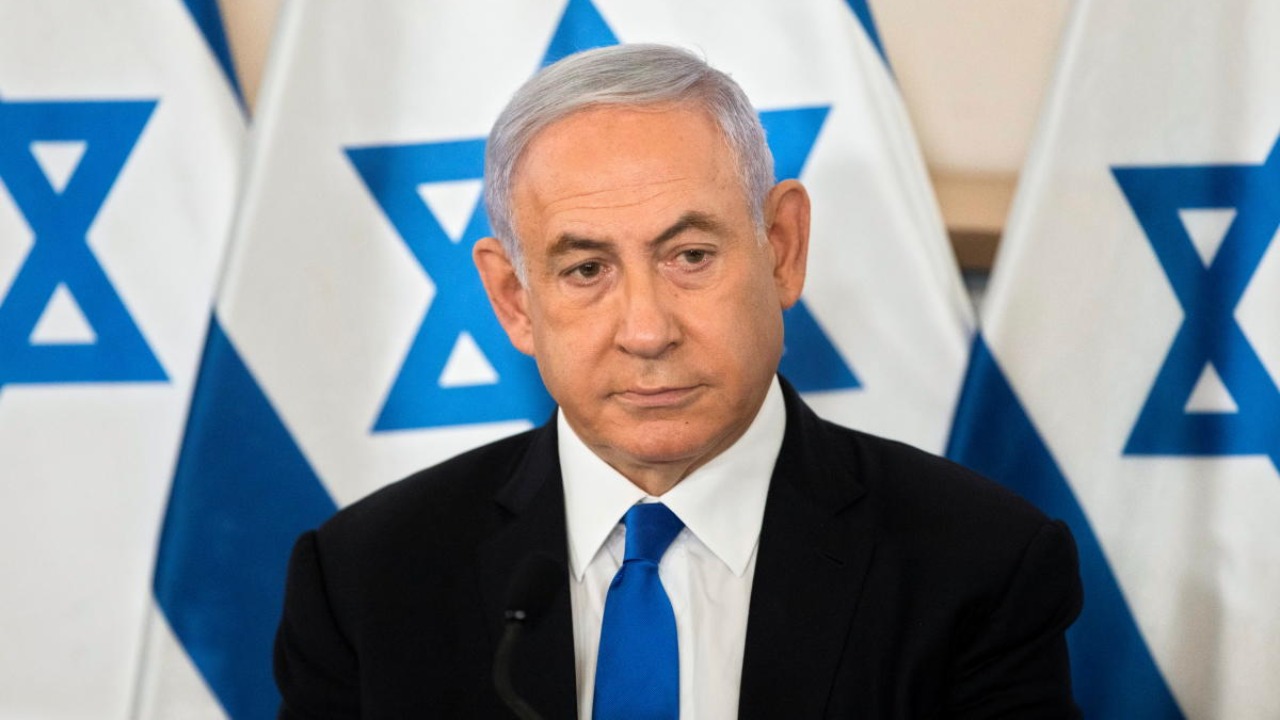By Starrys Obazei | February 3, 2023
starrys@ddnewsonline.com
Amid shocking 48 hours of violence, US Secretary of State, Antony Blinken, flew into Israel and the whole world is now focused on how Israeli Prime Minister Benjamin Netanyahu can make peace with the Palestinians this week, CNN reports.
An unequivocally, Netanyahu had made it clear that supports the creation of a Palestinian state but without control over security, which is incongruous with modern statehood.
Sitting down for an exclusive interview with CNN’s Jake Tapper, Israeli prime Minister signaled clearly that it is extremely unlikely Israel and the Palestinians will make any measurable progress toward a long-term peace anytime soon.
Netanyahu made clear that while he’s “open” to negotiations with the Palestinians and is willing to cooperate with them on security matters, not much else will move.
Netanyahu has never been a full-throated supporter of a two-state solution, weaving in and out of different definitions of what that would mean. But in recent years he’s settled on the idea that he’d be open to a Palestinian state — as long as it has no military or security power, an arrangement that would have no parallel among modern sovereign states.
“I’m certainly willing to have them have all the powers that they need to govern themselves, but none of the powers that can threaten us,” Netanyahu told Tapper in Jerusalem on Tuesday.
He did provide some new details about his conversations with President Biden on the matter, explaining he once told Biden, “[A]ny final agreement between Israel and the Palestinians would have Israel controlling security – overriding security responsibility in the area west of the Jordan.
“I said, you can’t divide who controls the airspace [between the Jordan River and the Mediterranean]. You have to cross it. It takes two minutes for an airplane to cross it. So, what, one minute, Israel controls it and the other minute the Palestinians? Of course, it’s not workable.
“He said to me, as others have said to me — ‘you know, but that’s not perfect sovereignty.’
“And I said, you’re right. But – I don’t know what you’d call it, but it gives them the opportunity to control their lives, to elect their officials, to run their economy, to run their institutions, to have their flag and to have their parliament, but we have to have overriding security control.”
Most Palestinians would view that arrangement as a continuation of the current occupation — and an unacceptable starting point for peace negotiations.
Collective punishment
Tapper pressed Netanyahu over accusations that Israel is engaging in collective punishment of Palestinians in the wake of two shooting attacks targeting Israelis around Jerusalem that killed seven and wounded five. Measures announced by the Israeli cabinet in response included issuing more gun permits for civilians, increasing security for Jewish settlements in the West Bank and pushing draft legislation that would possibly revoke the Israeli residency of families of those accused of engaging in or supporting terrorism.
Netanyahu claimed he doesn’t “believe in collective punishment,” although most human rights organizations call actions targeting the families of attackers exactly that.
“It’s not targeting family members. It’s targeting family members who were involved in the terror acts or supported it after the act was done … I think that disincentivizes the terrorists,” Netanyahu said.
The legislation to revoke residency of families of attackers will likely face legal challenges, something Israeli human rights organization HaMoked has already vowed to do.
Arab peace before Palestinian peace
Netanyahu made clear to Tapper: His priority is normalization with Arab nations before peace with the Palestinians.
After the success of the Abraham Accords, Netanyahu told Tapper he wants to expand the countries in what he calls the “circle of peace,” with his top objective being Saudi Arabia.
For years, peace with the Palestinians was seen as a precondition for any normalization agreements between Arab countries and Israel. But Netanyahu argued the Abraham Accords changed the game.
“I think that the way we’re going to succeed is not let the Palestinian tail wag the body of the Arab world,” he said.
“If we make peace with Saudi Arabia — it depends on the Saudi leadership — and bring, effectively, the Arab-Israeli conflict to an end, I think we will circle back to the Palestinians and get a workable peace with the Palestinians,” Netanyahu said.
But with rising and concerning levels of violence from all sides, a far-right Israeli government in place under Netanyahu, and a Palestinian Authority led by an increasingly unpopular President Mahmoud Abbas, that may be an overly optimistic game plan.

